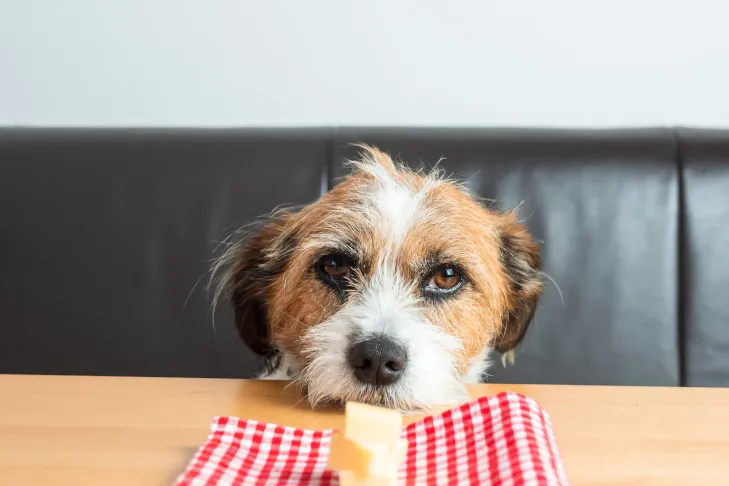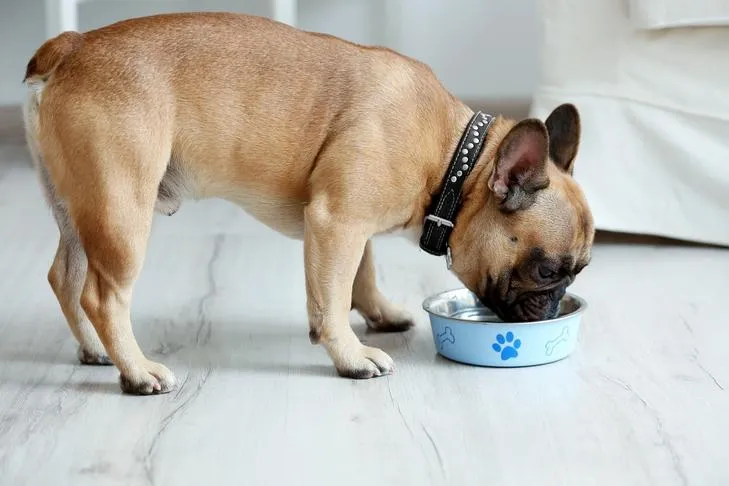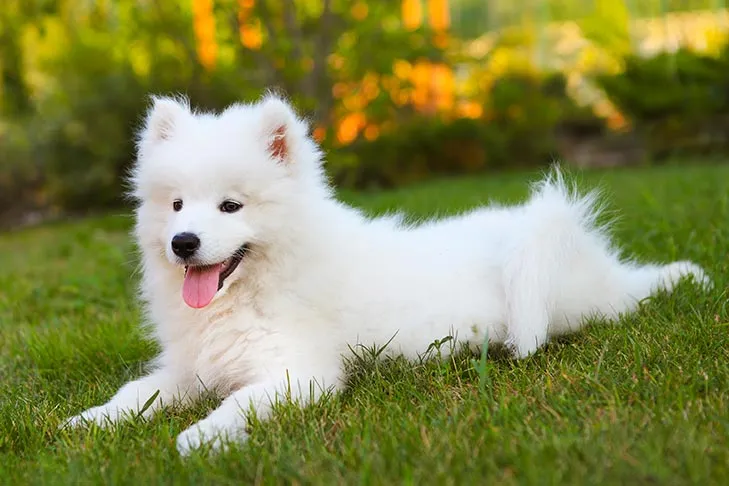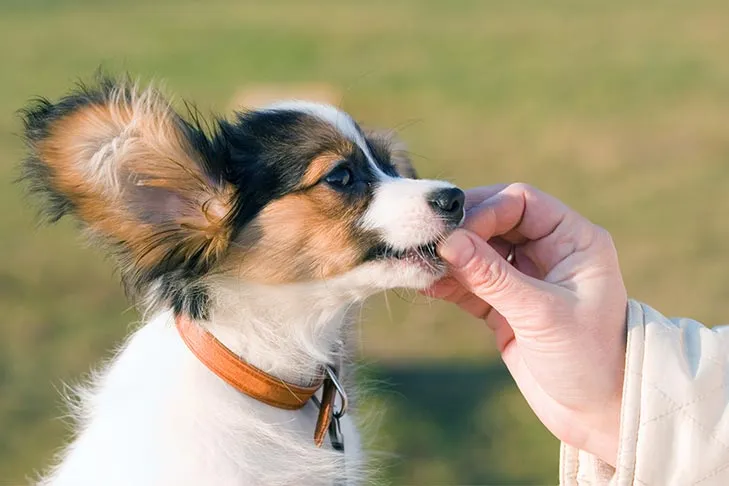As responsible pet parents, understanding your dog’s diet is crucial for their overall health and well-being. While commercial dog food forms the staple of most canine diets, many common human foods can also be safely incorporated into their meals or offered as occasional treats. However, it’s equally important to be aware of the human foods that are toxic and potentially life-threatening to dogs. This guide aims to provide clear, actionable information on what dogs can and can’t eat, drawing upon expert advice and essential nutritional knowledge to ensure your canine companion thrives.
Many dog owners wonder about sharing their meals with their furry friends. While the temptation to share a delicious bite is strong, not all human foods are created equal when it comes to canine digestion and safety. This article will delve into a range of common human foods, categorizing them into those that are generally safe and those that pose significant risks. Our goal is to equip you with the knowledge to make informed decisions about your dog’s nutrition, promoting their health and preventing potentially dangerous situations.
Safe Human Foods for Dogs
Several everyday human foods can offer nutritional benefits or serve as safe, healthy treats for your dog when consumed in moderation and prepared appropriately.
Bread
Small amounts of plain bread, free from any spices or harmful ingredients like raisins, are generally safe for dogs. While it offers little nutritional value and contributes carbohydrates and calories, a tiny piece won’t cause harm. Homemade breads are often a better choice than store-bought versions due to fewer preservatives, but it’s best to offer it sparingly or avoid it altogether.
Cashews
Cashews are OK for dogs in very limited quantities. They provide calcium, magnesium, antioxidants, and proteins. Although they contain less fat than some other nuts, excessive consumption can lead to weight gain. Unsalted cashews are the preferred choice for a small, occasional treat.
Cheese
Dogs can generally eat cheese in small to moderate amounts, provided they are not lactose intolerant, which is rare. Low-fat varieties like cottage cheese or mozzarella are good options. Many dogs also enjoy specialized dog chews made from dried cheese.
 All American Dog resting its head on the kitchen table looking at cheese. Sonja Rachbauer via Getty Images
All American Dog resting its head on the kitchen table looking at cheese. Sonja Rachbauer via Getty Images
Coconut
Coconut, including coconut milk and coconut oil, can be beneficial for dogs due to its lauric acid content, which may help combat bacteria and viruses. It can also help with bad breath and skin conditions. Ensure the furry outer husk is removed to prevent choking hazards.
Corn
Corn is a common ingredient in many dog foods. While the kernels are generally safe and can provide fiber, the cob is indigestible and can cause intestinal blockages. Always ensure corn is served off the cob.
Eggs
Fully cooked eggs are a safe and excellent source of protein for dogs, capable of helping to soothe an upset stomach. Avoid feeding raw eggs, as the raw whites can interfere with biotin absorption.
Fish
Cooked fish like salmon and sardines offer good fats, amino acids, and essential nutrients. Salmon is rich in vitamins and protein, while sardines provide calcium from their soft, digestible bones. Always remove any small bones from fish, except for sardines, and ensure the fish is thoroughly cooked and cooled. Limit fish consumption to no more than twice a week.
Ham
Ham is a palatable food for dogs but should be given sparingly due to its high sodium and fat content. Small, occasional pieces are acceptable, but it should not be a regular part of their diet.
 French Bulldog eating from a bowl at home. ©Africa Studio – stock.adobe.com
French Bulldog eating from a bowl at home. ©Africa Studio – stock.adobe.com
Honey
In small quantities, honey provides numerous nutrients and can potentially help with seasonal allergies by introducing small amounts of pollen. It can also be used topically for minor burns and cuts.
Milk
Some dogs can tolerate milk in moderation, but many are lactose intolerant. Observe your dog for any signs of digestive upset. Water remains the primary and safest hydration source.
Peanut Butter
Unsalted and xylitol-free peanut butter is a good source of protein, healthy fats, and vitamins for dogs. Always check the label to ensure it does not contain xylitol, a highly toxic artificial sweetener.
Peanuts
Peanuts, when unsalted and given in moderation, are safe for dogs and provide beneficial fats and proteins. Overconsumption can lead to pancreatitis due to their fat content.
Popcorn
Plain, air-popped popcorn without salt or butter is a safe, low-calorie treat. Ensure all kernels are popped to avoid choking hazards. It offers small amounts of iron and protein and can aid digestion.
Pork
Pork is a highly digestible protein source rich in amino acids. It may also be less likely to trigger allergic reactions in some dogs compared to other meats. Always ensure pork is cooked thoroughly and any excess fat is trimmed.
Quinoa
Quinoa is a nutritious grain often found in high-quality dog foods. It serves as a healthy alternative to corn, wheat, and soy, offering a strong nutritional profile.
 petrenkod via Getty Images Plus
petrenkod via Getty Images Plus
Salmon
Fully cooked salmon is an excellent source of protein, omega-3 fatty acids, and other nutrients that support joint and brain health, as well as immune function. Raw or undercooked salmon can contain dangerous parasites that cause severe illness.
Shrimp
Cooked shrimp, with the shell and tail removed, can be given as an occasional treat. They are low in fat and calories but rich in antioxidants and vitamin B-12.
Tuna
Small amounts of cooked, fresh tuna are acceptable and provide omega-3 fatty acids. Canned tuna, especially tuna packed in water, should be given in moderation due to its mercury and sodium content. Avoid tuna seasoned with spices.
Turkey
Turkey is generally safe for dogs, but it’s essential to remove excess fat and skin. Always check for and remove bones, as poultry bones can splinter and cause internal damage. Avoid turkey prepared with excessive salt, seasonings, onions, or garlic.
Wheat or Grains
Dogs do not require a grain-free diet, and grains like wheat and corn are valuable sources of protein, fatty acids, and fiber. However, if your dog has specific allergies, consult your veterinarian for personalized recommendations.
Yogurt
Plain yogurt, particularly varieties with live and active cultures, can be a beneficial snack for dogs, supporting digestive health. Ensure the yogurt contains no added sugars or artificial sweeteners, especially xylitol.
 Papillon puppy gently taking a treat from a hand. Sergey Lavrentev via Getty Images
Papillon puppy gently taking a treat from a hand. Sergey Lavrentev via Getty Images
Dangerous Human Foods for Dogs
It is critical to understand which human foods are toxic to dogs. Ingesting these can lead to severe illness, hospitalization, or even death. Always keep these items out of your dog’s reach and contact your veterinarian immediately if you suspect your dog has consumed something toxic.
While this article focuses on what dogs can eat, it’s equally vital to be informed about the dangers. For a comprehensive list and detailed explanations of toxic foods, please refer to our dedicated article on “What Dogs Cannot Eat.”
Making informed dietary choices for your dog is a cornerstone of responsible pet ownership. By understanding the nuances of what dogs can and can’t eat, you can provide a balanced and safe diet that contributes to a long, healthy, and happy life for your beloved canine companion. Always consult with your veterinarian for personalized dietary advice tailored to your dog’s specific needs and health status.
